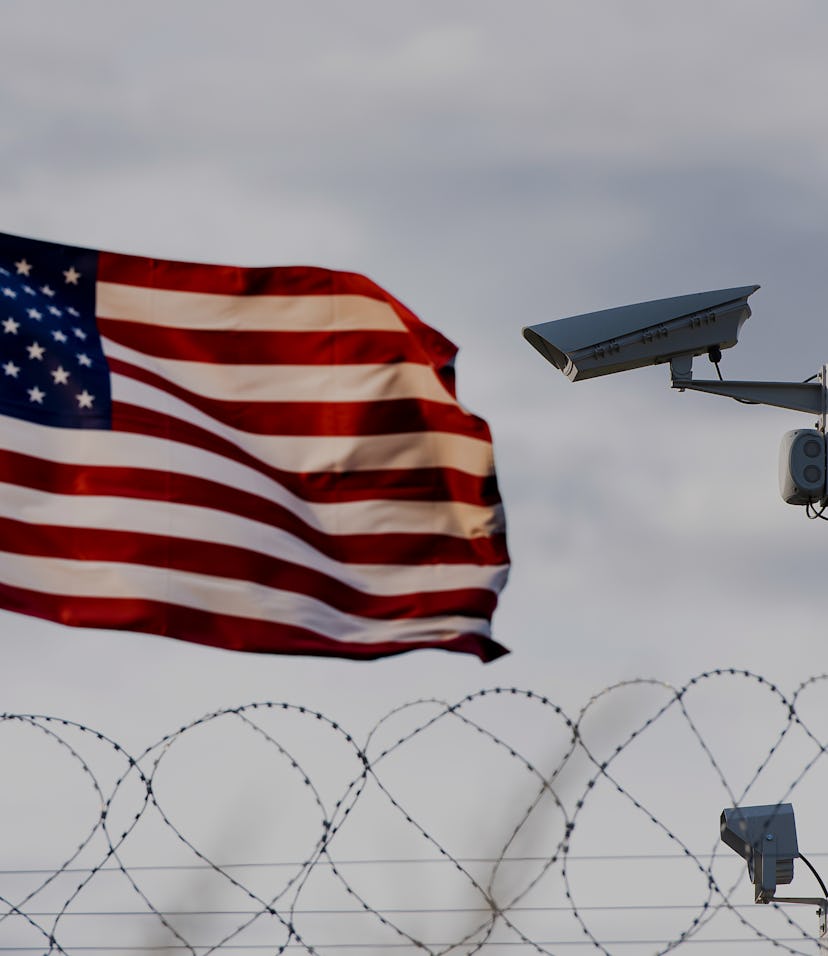Culture
Warrantless phone searches at the U.S. border are totally cool now, judge rules
The "U.S. Border" legally encompasses up to 100 miles from any actual border, btw.

A federal judge in California recently ruled that Customs and Border Protection agents don't require a warrant to unlock phones and other electronic devices as long as that request occurs at the U.S. border, overruling a previous decision from 2019 and enraging privacy advocates, civil rights groups, and anyone possessing the barest shred of concern for their privacy, or that of others.
"[E]lectronic device searches do not fit neatly into other categories of property searches, but the bottom line is that basic border searches of electronic devices do not involve an intrusive search of a person," said First Circuit Judge Sandra Lynch, someone who it appears does not possess a full grasp of the word "intrusive."
But wait, there's more — Sure, "basic border searches," while problematically vague and almost certainly liable to abuse, doesn't necessarily mean officers will do more than a quick peruse through your messages, photos, search histories, and emails. It's not like they're now legally allowed to copy any of that data from the very same warrantless electronic searches, right?
Oh wait. Just kidding. That's absolutely something they're permitted to do as a result of Judge Lynch's decision. Did we mention that the range of the "border zones" where this conduct is legally sound extends to 100 miles from any U.S. border, aka most of the country's major metropolitan areas? Because that's a thing, too.
Federal legislation could end this — While citizens' electronic privacy issues (especially along the border) are a tangled mess these days, the legal complaints in this particular ruling point towards incidents as far back as 2017, when then-President Trump was "getting tough" on border security issues (read: stoking the deadly flames of racist, xenophobic rhetoric). But before you chalk this judge up to one of the over 200 terrifying Trump Era judicial appointees: Judge Lynch was nominated by President Clinton back in 1995... so yeah. We've got a lot of work ahead of us as a nation.
The decision isn't necessarily the final say on the subject, however. As Android Authority explains, the Biden administration "could create a federal law that protects travelers from unnecessary searches," but as of right now, it hasn't said anything on the subject. Granted, it's a little busy these days, we imagine. If there's any silver lining, it's that Biden's government is certainly one more amenable to sanity than the previous one. So there's still hope that, in time, common sense will prevail.